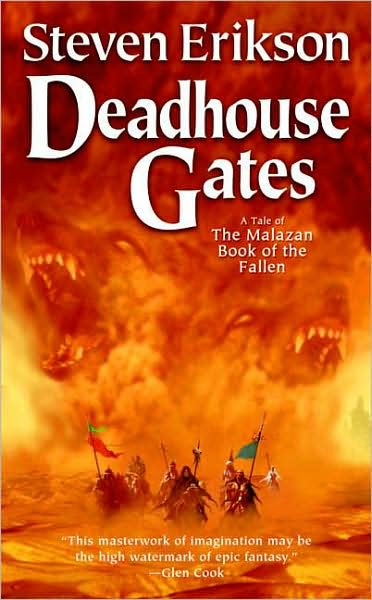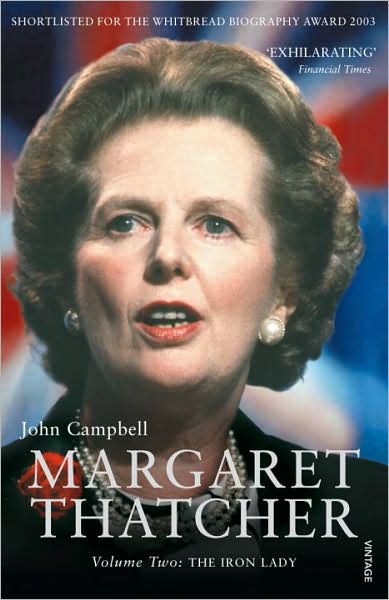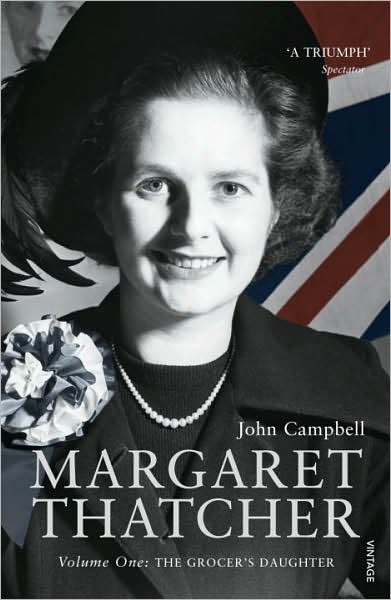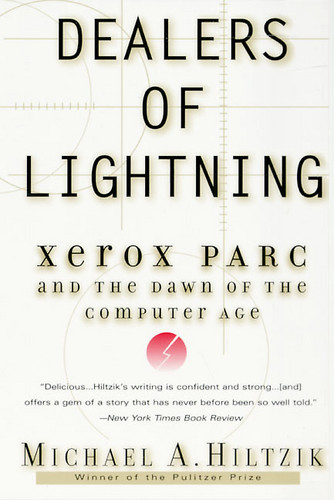
Sometimes Steven D. Levitt and Stephen J. Dubner, authors of Freakonomics and now Superfreakonomics, seem to have access to little known data that they are particularly qualified to interpret. Other times they seem like Malcolm Gladwell-style writers who popularize interesting theories in a cheerfully superficial way.
They’re in the first mode, (I think), when they explain the shifting economic realities of prostitution, and in the second when they hold up geoengineering as the solution to climate change.
I like Levitt & Dubner in the first mode, not so sure about the second. There was a big debate a few months ago about their climate change chapter. Here’s some of it. I don’t want to conclude about who’s more in the right, (I trust climate science, but not all its fervent supporters, and I’m not sure which is which here), but it seems to me that their attitude is misplaced. “Why, the solution is obvious – we could just ..” Geoengineering may be a nice approach, but it’s not obvious.
If Levitt & Dubner have an agenda it isn’t “climate change denial”, but a faith in cheap solutions over expensive ones, in clever individuals and companies over governments. This is a theme throughout the book, such as in their chapter on seat belts.
What they’re really offering here is a lesson in economic insights such as “incentives matter” and “solutions have unintended consequences”, for people who didn’t know they were interested in economics. That I like, and there’s more in their blog.




